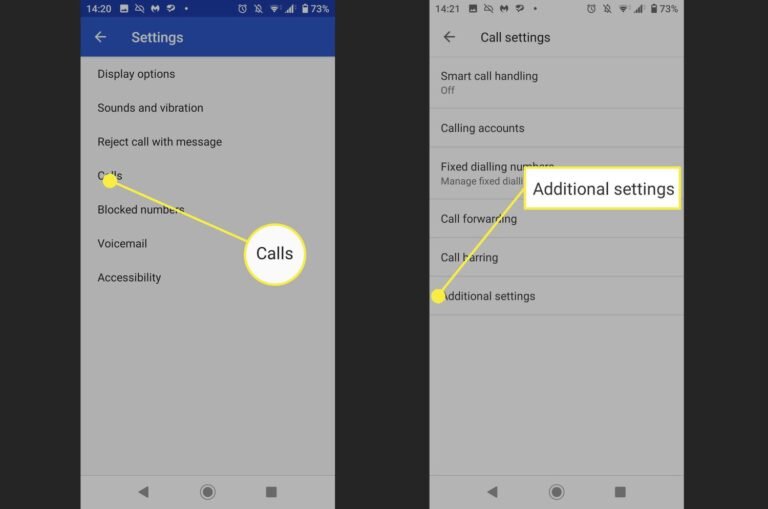In an era where privacy is more valued than ever, understanding how to navigate the digital world securely is crucial. This is especially true when it comes to making phone calls. Whether it’s for personal security, confidential business communications, or simply a preference for privacy, learning how to call private is a valuable skill in today’s interconnected world. This article will delve into the various methods and tips for making private phone calls, ensuring that your identity remains hidden when you need it to be.
Understanding the Basics of Private Calling
Before diving into the “how,” it’s important to understand what a private call entails. A private call is one where your phone number is hidden from the recipient’s caller ID. This means that instead of displaying your number, the recipient’s phone will show terms like “Private,” “Anonymous,” or “Blocked.” This feature is crucial for maintaining privacy, avoiding unwanted callbacks, or ensuring that sensitive information remains confidential.
The *67 Method: A Traditional Approach
One of the oldest and most straightforward methods to make a private call is by using the *67 prefix before dialing the actual phone number. This method works on both landlines and mobile phones across the United States and Canada. Simply enter *67, followed by the area code and phone number you wish to call. For example, if you’re calling 555-123-4567, you’d dial *675551234567. The process is seamless and does not require any additional fees. However, it’s worth noting that this method must be repeated with each call, as it does not permanently make your number private.
Caller ID Blocking on Mobile Phones
For those seeking a more permanent solution, most smartphones offer the option to block your number for all outgoing calls. This setting can typically be found in the phone or settings app under “Calls” or “Phone” settings. Enabling this feature will make all your outgoing calls appear as private, removing the need to dial *67 each time. However, remember that some recipients may not accept calls from private numbers, which could limit your reachability.
Utilizing Burner Apps and Secondary Numbers
In situations where anonymity is paramount, using a burner app or obtaining a secondary number can provide an added layer of security. These apps generate a temporary phone number that can be used for both calls and texts. The primary advantage of this method is the ability to maintain privacy without altering your main number’s settings. Additionally, these numbers can be easily disposed of or changed, making them ideal for temporary or sensitive communications.
The Role of VoIP Services in Private Calling
Voice over Internet Protocol (VoIP) services like Skype, Google Voice, and WhatsApp also offer options for making calls without revealing your actual phone number. These services use the internet to place calls, thereby bypassing traditional phone networks. While the recipient might see a number, it won’t be your real phone number, thus keeping your identity hidden. Moreover, these services often come with additional features such as video calls, messaging, and file sharing, making them a versatile choice for private communications.
Legal and Ethical Considerations
While the ability to make private calls is invaluable for many legitimate reasons, it’s crucial to approach this capability with a sense of responsibility. It’s important to note that using caller ID blocking for harassing, threatening, or illegal activities is against the law in many jurisdictions. Always use these features ethically and in accordance with local laws and regulations.
Conclusion:
In conclusion, the ability to call privately is a powerful tool in maintaining personal security and confidentiality. Whether you choose to use the *67 prefix, adjust your phone’s settings, utilize a burner app, or rely on VoIP services, each method offers its own set of advantages for ensuring privacy. However, it’s essential to use these capabilities responsibly and remember that the ultimate goal is to protect your information and peace of mind in a world where privacy is increasingly scarce. By following the guidelines and considerations outlined in this article, you can confidently make private calls, knowing your identity is safeguarded.

